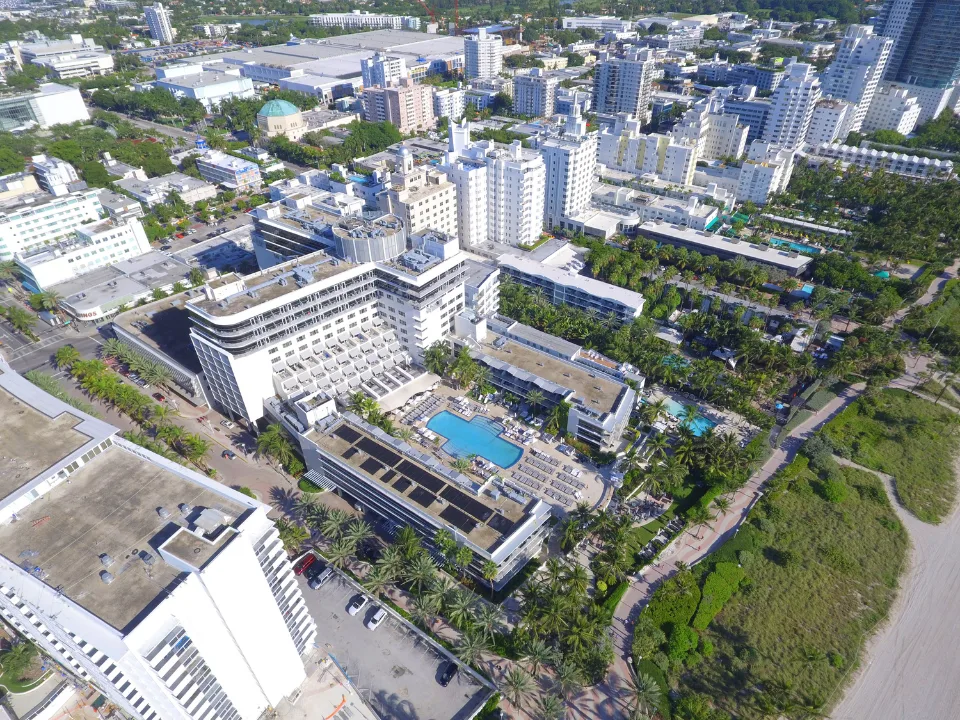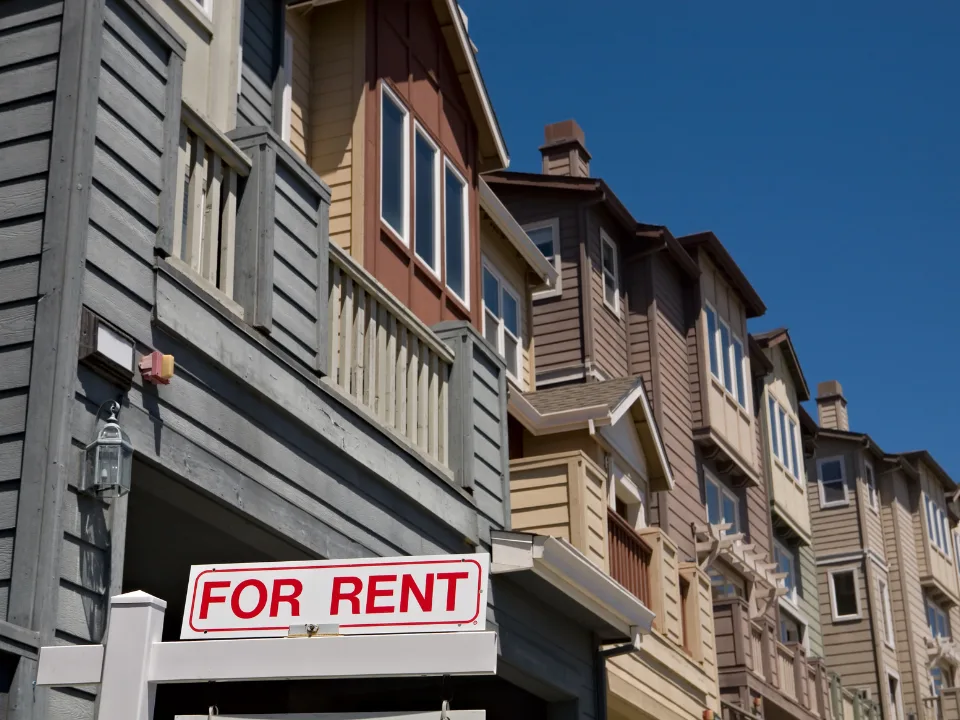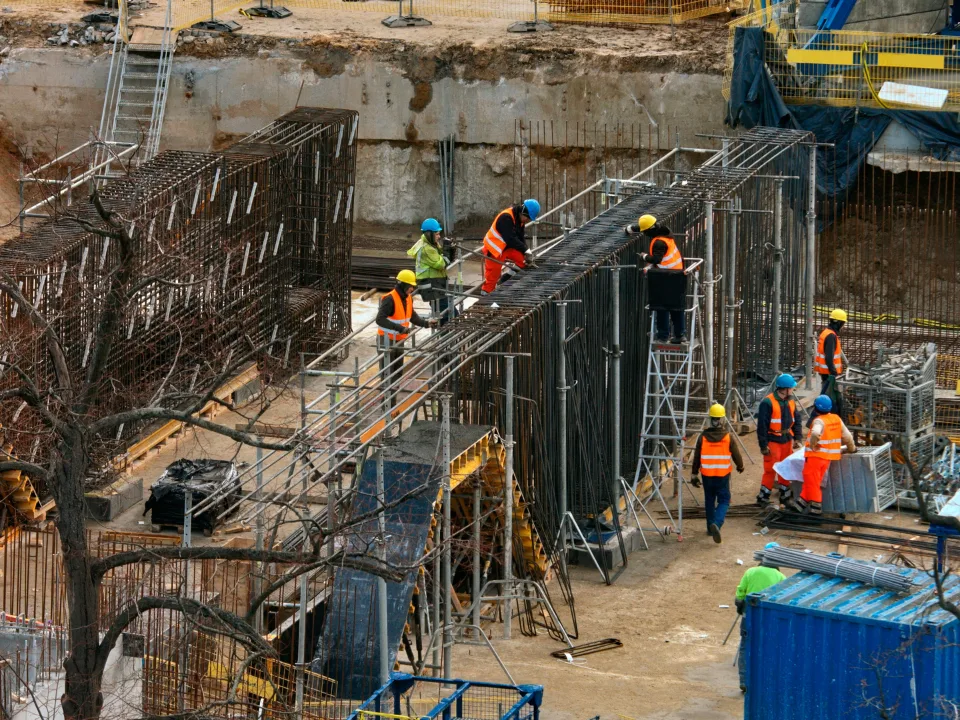- The MTA anticipates a $900M combined deficit in 2027–2028, driven by fare evasion and lower real estate tax revenues.
- Approximately 50% of bus riders and 14% of subway commuters evade fares, reducing farebox revenue by $811M from 2023–2027.
- Real estate taxes are also projected to suffer a staggering $790M shortfall over the same period.
- The MTA aims to cut expenses by $400M in 2023 and $500M annually starting in 2025, with planned fare and toll hikes of 4% in 2025 and 2027.
NYC’s Metropolitan Transportation Authority (MTA), responsible for the subway, bus, and commuter rail lines across the five boroughs, is facing serious problems.
Fare Dodgers, Tax Shortfall
According to Bloomberg, the MTA is projecting a $900M combined deficit in 2027–2028 due to rampant fare evasion and real estate tax revenue shortfalls.
Citywide fare evasion remains a pressing problem for the MTA, with about half of bus riders and 14% of subway users not paying their fares. This rampant fare evasion is expected to reduce farebox revenue by $811M through 2027.
Additionally, the MTA anticipates a $790M shortfall in mortgage recording taxes and property transfer taxes on CRE sales over the same period.
How to Fix The Problem
To address these financial challenges, the MTA plans to cut expenses by $400M this year and $500M annually starting in 2025.
The agency also anticipates farebox and toll hikes of 4% in 2025 and 2027—can’t wait to see how New Yorkers react to that!
But despite these efforts, the agency’s financial outlook remains precarious without additional revenue sources or significantly higher post-pandemic ridership.
Congestion Pricing
The MTA’s 2020–2024 capital plan, which funds essential infrastructure upgrades, faces a $16.5B shortfall. This gap arose after Governor Kathy Hochul paused a congestion pricing plan expected to generate $15B.
MTA CEO Janno Lieber emphasized the importance of maintaining infrastructure investments to avoid a return to past service delays.
Walking a Tightrope
The MTA’s financial outlook depends heavily on legislative action to restart the congestion pricing plan or find alternative funding.
Without this support, the agency may have to absorb debt-service costs earlier than planned, further straining its budget. The MTA’s future budgets also rely on $500M in revenue from yet-to-be-developed casinos starting in 2026.

















